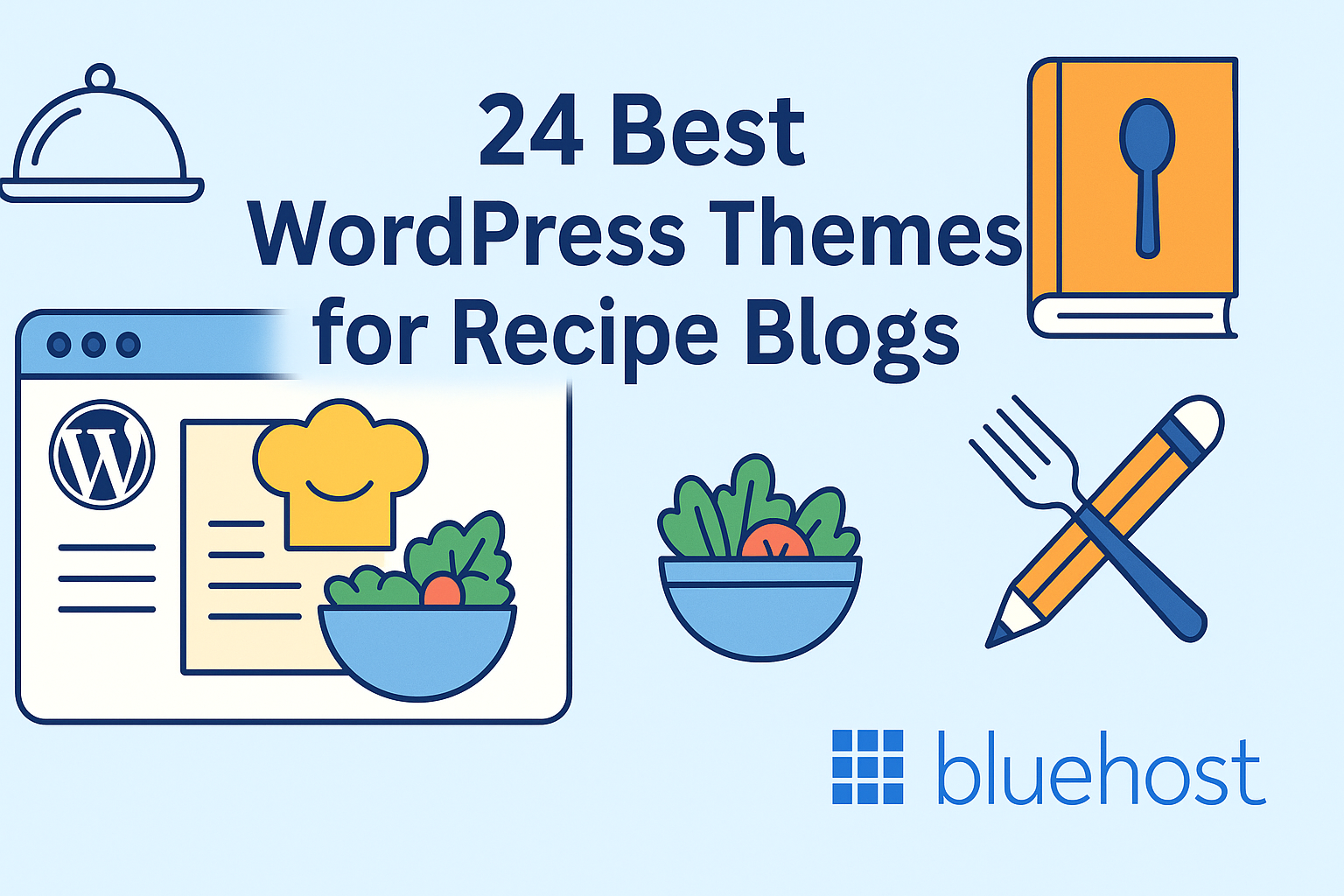E-commerce is now not an unheard term, every person now who knows the internet surely knows what e-commerce is and must have purchased some or the other thing on it. And if it all it was not heard by someone yet, the current pandemic made it grow rapidly. E-commerce was around for a long time just that it has picked up very sharply in the past couple of years.
So, what exactly is e-commerce
Commerce as we all know is the buying and selling of goods and services for consideration and e-commerce simply means buying and selling of goods and services on the internet, it also involves the transferring and receiving of money.
Now, you might be wondering how does e-commerce work
For e-commerce to work, you would need the internet, a domain name & a website through which the customers will reach your e-commerce website or online store and can buy your goods and services. When the customer places an order for a product on your website, the code on your website checks if the product is available in the inventory. If yes, then the order will be placed, if not the customer will get an ‘Out of Stock’ message.
After finding his/her required product or service, the customer adds it to the cart to check out. The customer then completes the check-out formalities, fills in the required details and finalizes the transaction.
The customer is now redirected to a payment gateway, wherein he/she enters their bank, UPI, or debit/credit card details to make the payment securely. After the payment is successful, the customer will be shown the estimated delivery time, a reference/order number, or a tracking number.
This order is sent to your e-commerce website to your fulfilment department, after which it is either fulfilled (or delivered) by your staff or a third-party team.
There are several ways of building an e-commerce website viz. by purchasing e-commerce hosting or if you’re prefer a DIY drag-and-drop solution then an e-commerce website builder is the preferred solution. Based on your comfort you can choose either way to build and design your e-commerce website.
Types of e-commerce businesses
As you can see it is a convenient way to buy and sell goods through e-commerce, it has innumerable advantages over traditional physical stores. And just as any physical stores that function in different manners, there are different types of e-commerce businesses viz.
- Business to Consumer (B2C): It is the most popular e-commerce model these days. The seller sells their products directly to the end-user on this e-commerce type such as Amazon.com.
- Business to Business (B2B): In this e-commerce type, the seller its products and services to another business which may be a wholesaler or reseller, in short, they are not selling it to the end-user, a good example of this is Alibaba.com.
- Direct to Consumer (D2C): Now, this may seem like B2C, but the primary difference is that there are no wholesalers and retailers involved at all, the brand directly sells it to its customers. Example: CountryDelight, Lenskart, etc.
- Consumer to Consumer (C2C): Under this any consumer, offers his products to other consumers, the best examples of this are OLX, Quikr, eBay, etc.
- Consumer to Business (C2B): In this, the consumer sells their products and services to businesses. The best examples for this are job portals such as Monster.com, TimesJobs.com, etc.
Now that we’ve understood what e-commerce is and the different types of e-commerce businesses. Let us now see the advantages of an e-commerce website.
Advantages of an e-commerce website
Here are the top 5 advantages of building an e-commerce website for your business.
- Market reach:
With e-commerce, you can reach customers well far away from you, unlike physical stores they will not be just restrained to the area around your store. You can reach a huge customer base nationally and even internationally. - Reduced overhead costs:
Compared to physical brick and mortar stores, you do away with a lot of unnecessary expenses, it is always more economical to sell online than offline. - Shorter supply chain:
By selling directly online, you eliminate a lot of middlemen and intermediaries thereby shortening the supply chain which helps economically the seller and buyer both. - Faster delivery:
By having an online presence and strong fulfilment team and tie-ups you can deliver your order in a much faster way. - Inventory management:
By selling on e-commerce, you can efficiently manage your inventory and predict proper future sales forecasts, etc.
Go Online for Greater Reach
Although offline businesses will always be present, the future belongs to the online industry. An e-commerce website helps you set up an online store without starting an offline store, as well as expanding the reach of your offline store if you already have one. Either way, e-commerce helps you market your business well and reach customers in different parts of the country and across the globe.
Hope this article helped you understand what e-commerce is and how do e-commerce sites work. So, get set go, and build your e-commerce website today!
For more information and tips, head to our WordPress Category page. If you have any questions or comments, please feel free to drop them below.



Write A Comment